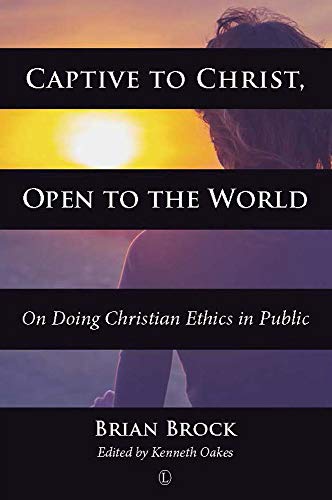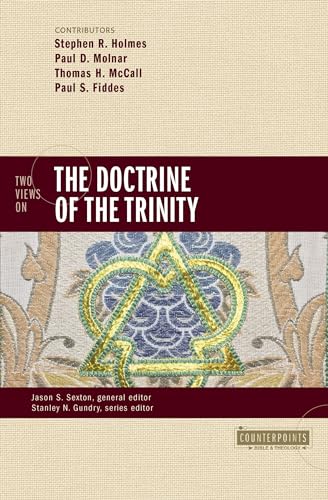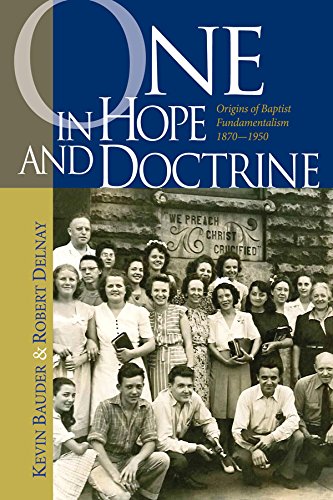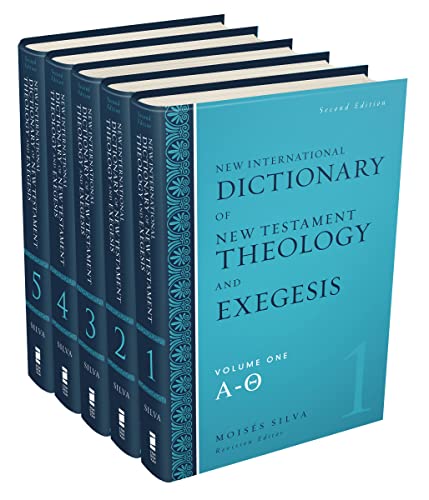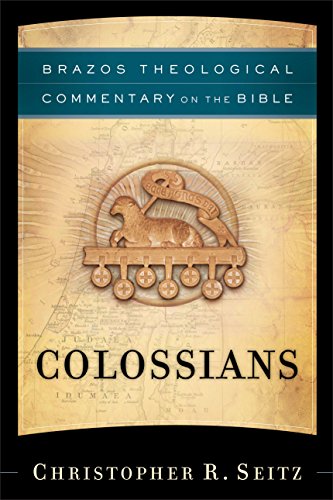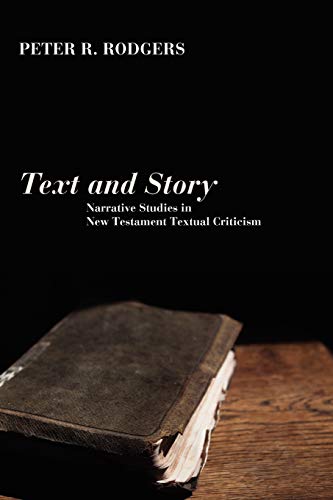Captive to Christ, Open to the World: On Doing Christian Ethics in Public
Written by Brian Brock Reviewed By Tommy A. CasarezThe divorce between theology and ethics or theory and practice (practical science) is unfortunate and unnecessary. The way forward according to this author is to “circumvent the divide” and create new pathways for reconsidering and reformulating the questions that we ask as well as questioning the presuppositions from which the questions arise. The recognition and importance of scripture to the life of faith as well as the community of faith within which and through which that life of faith is enacted are highlighted. That emphasis is executed in a way that is simultaneously appreciative and critical of the community and traditional ways of understanding the role of scripture in the community of faith.
Not only do we as individuals truly find ourselves by looking outside of ourselves to Christ in the same sense that Luther, Barth, and Bonhoeffer suggest, but as a recipient of God’s revelation through the Scriptures the church truly finds itself outside of itself in being for the world and with the world. The movement outward towards the world is really one that originates inward from one’s relationship with Christ and that community of faith, the church.
In an intriguing and thoughtfully manner, the author suggests that being captive to Christ and the Word of God in essence opens one up to the world by breaking up all the socially and wrongfully pre-determined practices that Christians and non-Christians alike embrace self-centered, self-promoting, and self-aggrandizing ways of behaving. Scripture opens us up and frees us from our illusions. Only God can truly break through the kind of illusions that Descartes himself proposed to overcome through self-criticism (p. 86). Nietzsche also repeatedly reminds us that we are forever plagued with illusions, which are part of the very nature of human existence (p. 84).
For Christians, God does in fact break through and break in on us via other people in the community, but especially through Scripture. The posture for rightfully knowing, encountering, judging, and understanding is one of receiving, hearing, and responding to the truth that comes from outside of us.
In terms of the overall theme of the book, there seems to be somewhat of a push and pull effect in the sense that being bound to Christ presents somewhat of a gravitational push outward towards the world, towards people, and a definite concern for all that God created. At the same time, there is a sense of calling to respond to and to be actively engaged in listening to God, the co-worker, colleague, or members of society. In listening to others Christians can search for and capture those theological moments where faith allows Christians to not only understand the truth about the world and the way that it really is, but to faithfully witness to God’s work in ways that are ethically appropriate for the problem or challenge at hand.
Chapters 1 is thought-provoking and refreshing for every serious student who desires to look at the issue of the relationship between biblical exegesis and theology in a way that honors hermeneutics while still relying on the Holy Spirit. The author affirms and acknowledges the practices of great Christian thinkers who “read Scripture directly and theologically, but their thinking about contentious moral questions often took the form of biblical commentary” (p. 2). This chapter also contains an insightful and brief discussion about the impact of the Enlightenment on biblical theology. The split between theology and Scripture seems to have been more a product of modernity than the natural outcome of church life and ministry. Scripture, after all, is tied to a community and maintains a shaping force and power that guides the entire Christian ethos or all the particular ways in which faith is enacted (p. 10).
Chapters 2 and 3 discuss matters having to do with technology, environmentalism, teaching philosophy, and nationalism. Although the topics may seem broad at times, there are many instances in which the author succeeds in bringing the thought home through personal story or contemporary issues confronting modern society. There is so much to appreciate in the conversational format of each chapter, quoting questions Brock has been asked in interviews along with his answers. The ease with which the author moves back and forth between theology, Bible, philosophy, social science, community, church, and current issues is both a tremendous asset and an enriching experience.
Chapters 4 through 8 deal with a number of issues that are equally relevant and essential to Christians living in a modern society. His treatment of new communities as a kind of New Monasticism offers a source of hope. While paying tribute to the monastic vows of poverty, chastity, work, and service, the author touches upon the idea of new communities in the sense of “being bounded (as opposed to closed) . . . for the purpose of being open to the world” (p. 81).
Throughout the book, the author manages to keep readers of whatever age thoroughly engaged by theologically and ethically reimagining ways of thinking about problems and opportunities that we all face.
I applaud Brock for conveying an authentic approach to a lived commitment to Christ that exemplifies being captive to Christ while appropriately open the world. The book demonstrates a sincere intentionality to refrain from attempting to clone the reader in his own image or to deliver information from pre-packaged arguments with the “right” answers. Instead, the author aims to invite the reader to join in the conversation. Upon reading the book one may find oneself at times truly being separated from what one believes initially in order to reconsider it in a different light. The goal in this distancing effect is not to convince one to believe differently but, on the contrary, to have a deeper understanding about what it is that one claimed to believe and the opportunity to commit more fully to following Christ faithfully.
Tommy A. Casarez
Tommy A. Casarez
Gordon-Conwell Theological Seminary
South Hamilton, Massachusetts, USA
Other Articles in this Issue
The account of Abraham's near-sacrifice of Isaac has been and will likely continue to be violently applied so long as the dominant misunderstanding of the text prevails...
In recent years, a growing cadre of younger historians has begun publishing significant books on the history of American evangelicalism...
Romans 4 remains a central text in the debate over the New Perspective on Paul...
Within the intra-Reformed debate over baptism, covenant theology is a crucial aspect in determining one's position...
‘Fathers of Faith, My Fathers Now!’: On Abraham, Covenant, and the Theology of Paedobaptism
by David GibsonThe figure of Abraham creates a covenantal framework for biblical theology that allows baptism to be considered in relation to the Bible's developing story line...


